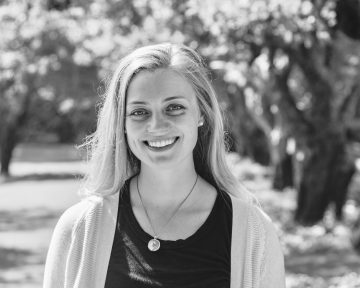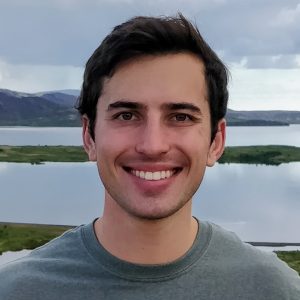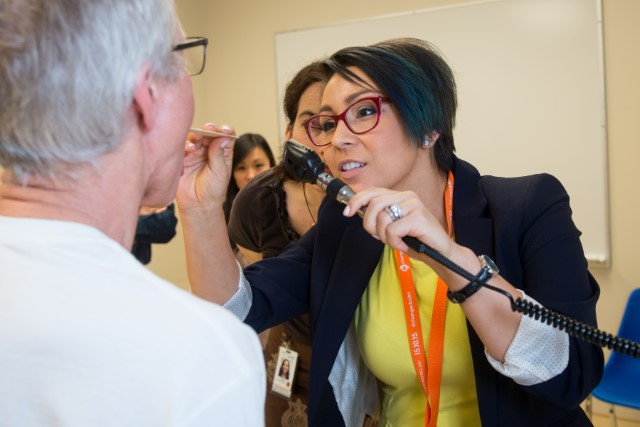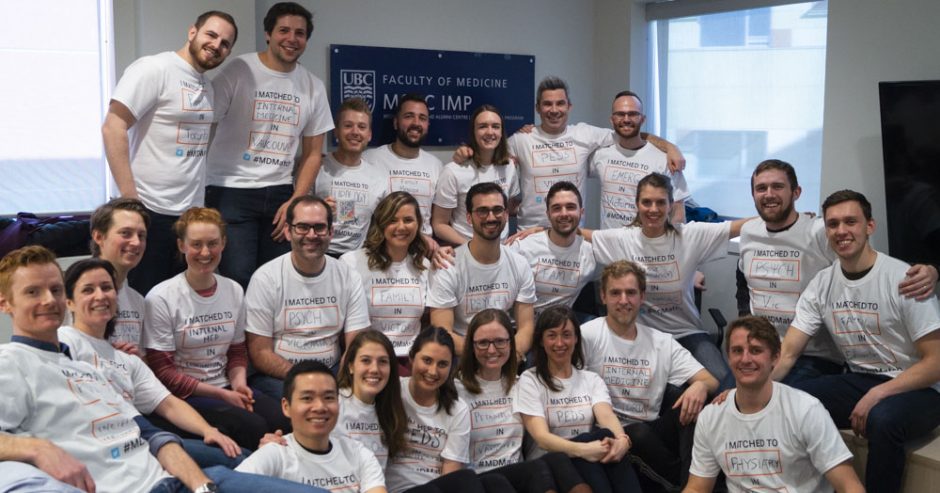 Today, the IMP Class of 2019 celebrated the first-round results of the Canadian Resident Matching Service (CaRMS). CaRMS pairs medical students with postgraduate training programs across Canada.
Today, the IMP Class of 2019 celebrated the first-round results of the Canadian Resident Matching Service (CaRMS). CaRMS pairs medical students with postgraduate training programs across Canada.
To mark this milestone, the IMP students gathered at Royal Jubilee Hospital to enjoy a catered lunch, take photos, and connect with their peers.
We spoke with six of those students to find out more about their residency programs, the communities where they’ll be training, and their thoughts on the future. You can read their stories below.
Hundreds of other UBC medical students in the class of 2019 also celebrated CaRMS Match Day in Vancouver, Kelowna, and Prince George today. You can read more about their experiences here.
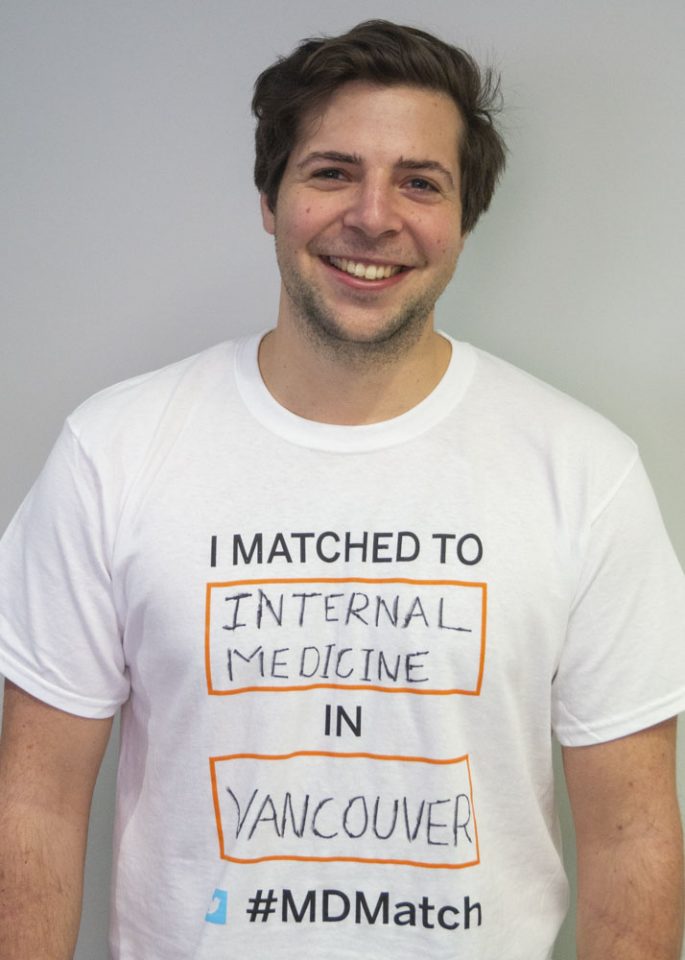 |
Jordan Friedmann Matched to: Internal Medicine, Vancouver “I’m absolutely stoked. It’s my dream. [Internal medicine] is the one thing I fell in love with in clerkship, so it’s the place I know I’ll be the happiest. In Vancouver, I’ll be close to family. I want to work in this province, so it’s the perfect location all around.” |
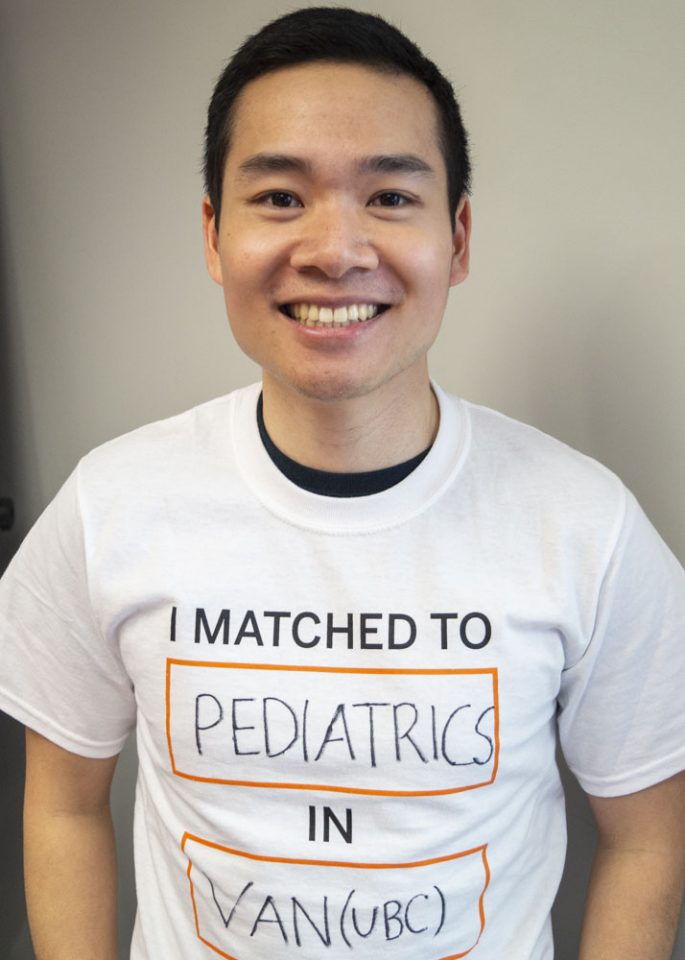 |
Riley Chen-Mack
Matched to: Pediatrics, Vancouver “I’m extremely excited. I love working with kids and working with families together as a team, so I’m really happy. I wanted to stay out west, and [my residency program] is a really great program; I did some of my electives out there. Plus, my family’s close by; my friends are close by.” |
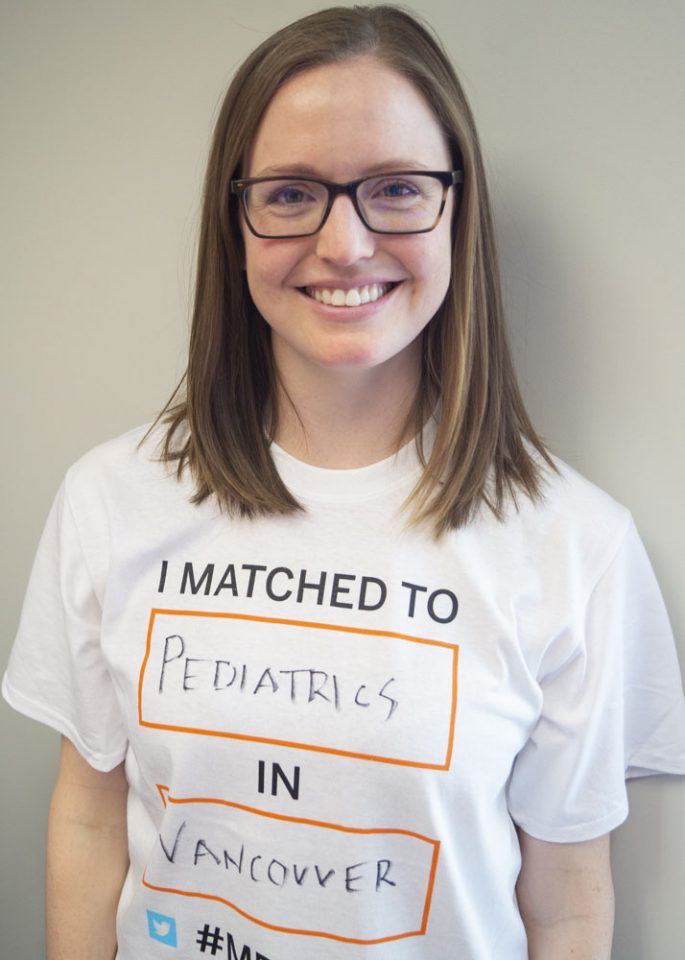 |
Erin Coates Matched to: Pediatrics, Vancouver “I am so, so, so excited. I chose pediatrics because I love the detail of the medicine, I love the patient population, I love working with families; I love everything about pediatrics! I’m from Vancouver originally. Also, [the location of my residence] has a fantastic global health and social pediatrics program, and I’m excited to make that a big part of my career.” |
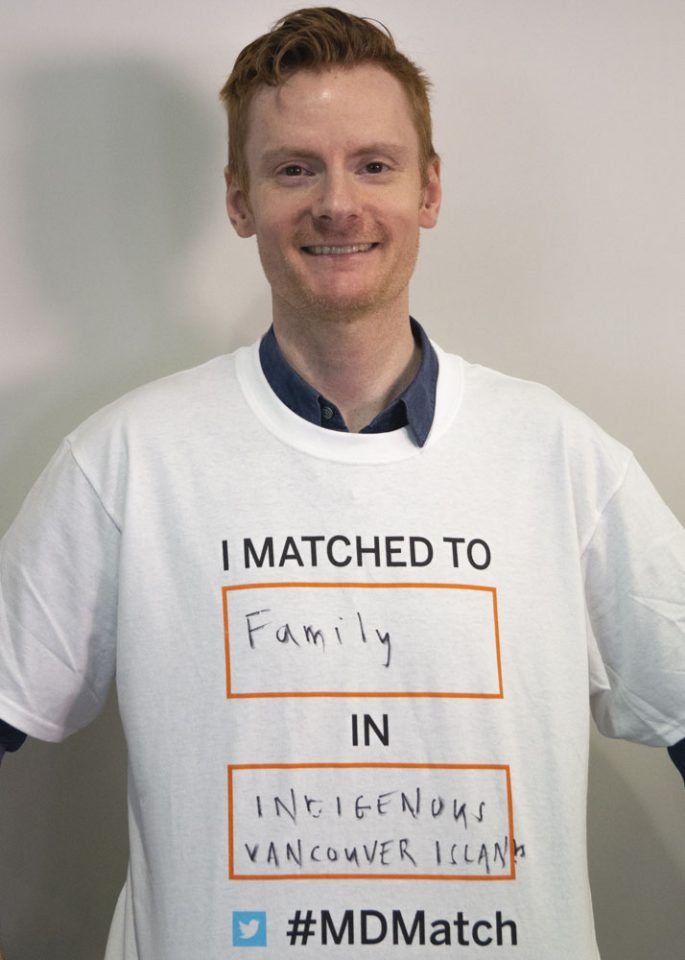 |
Neil Webb Matched to: Family Medicine, Vancouver Island “I chose my program because I wanted to work with underserved populations, and I like the spirit that the residency program brings to the table. I chose family medicine because I want to build relationships over time—be a part of their lives and get to know them well, and to be able to advocate for them.” |
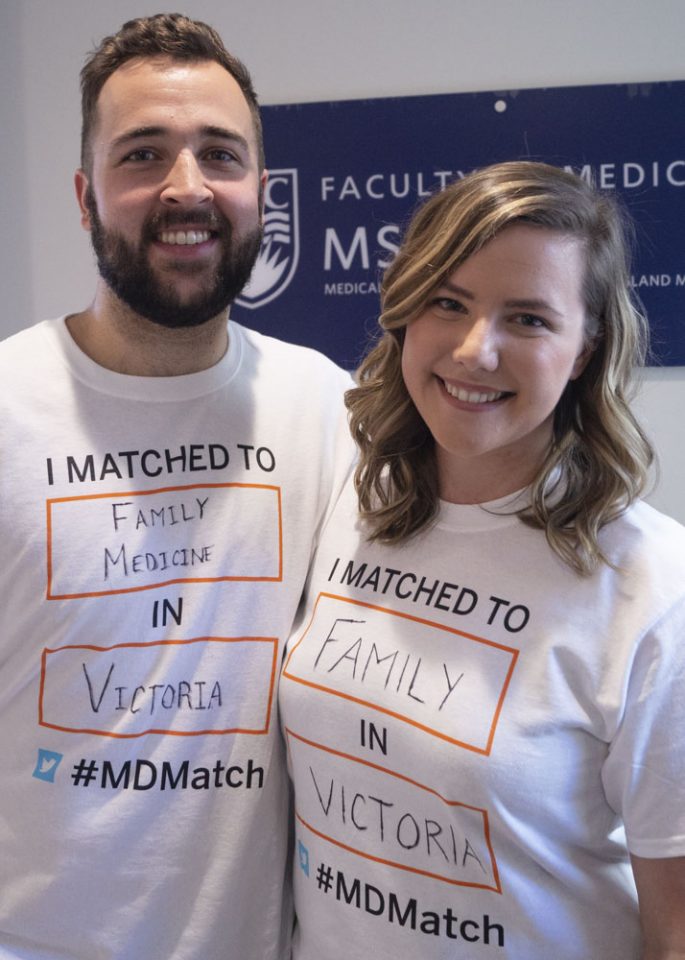 |
Josh MacIver and Kate McWilliams Matched to: Family Medicine, Victoria Kate: “There are a lot of reasons we got into family medicine. A big part of it for us has to do with the longitudinal aspect of family medicine. You can be a part of so many people’s lives from the beginning all the way to the end. You can be there for the good parts and you can be there for the not-so-good parts. For me, especially, it’s a really big honour to be somebody people can trust and who can show that little bit of kindness to somebody at the worst moments in their life. I don’t think there’s really anything else I’d want to do. I want to be that person people can go to when they need to.” Josh: “It’s a different angle to come at the CaRMS program as a couple. I think a lot of your expectations can be extremely varied in terms of where you think you’ll end up and what you think your life will look like for the next few years. Kate and I were really lucky to have each other supporting each other throughout the process. Today came with great news: we’re going into a program we’re extremely fortunate and happy to be a part of. We’ve had a great education in the years that we’ve been here, and we’re just really looking forward to carrying that on and continuing with each other.” |
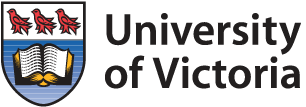
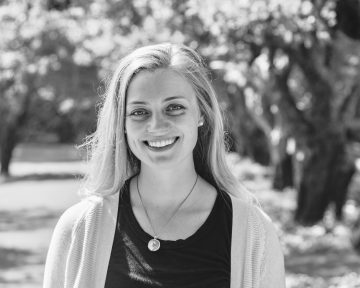
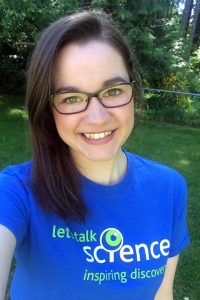
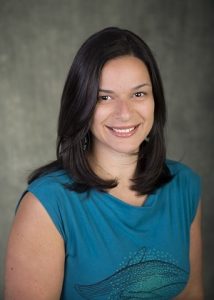 A faculty member with the Island Medical Program (IMP) and the Division of Medical Sciences (DMS) has recently been recognized for her teaching skills and research acumen.
A faculty member with the Island Medical Program (IMP) and the Division of Medical Sciences (DMS) has recently been recognized for her teaching skills and research acumen.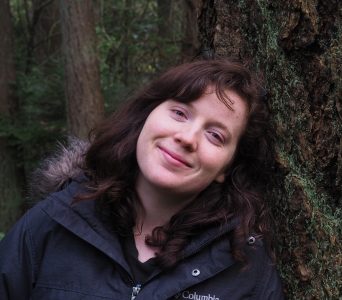 Sarah Douglas
Sarah Douglas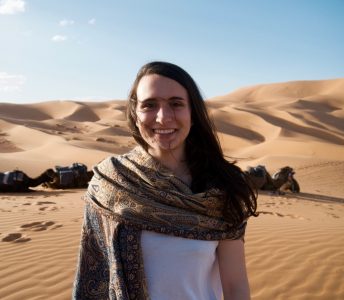 Island Medical Program – Year 1
Island Medical Program – Year 1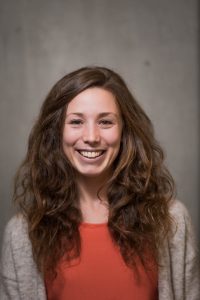 Canberra, Australia (now Victoria, BC)
Canberra, Australia (now Victoria, BC)